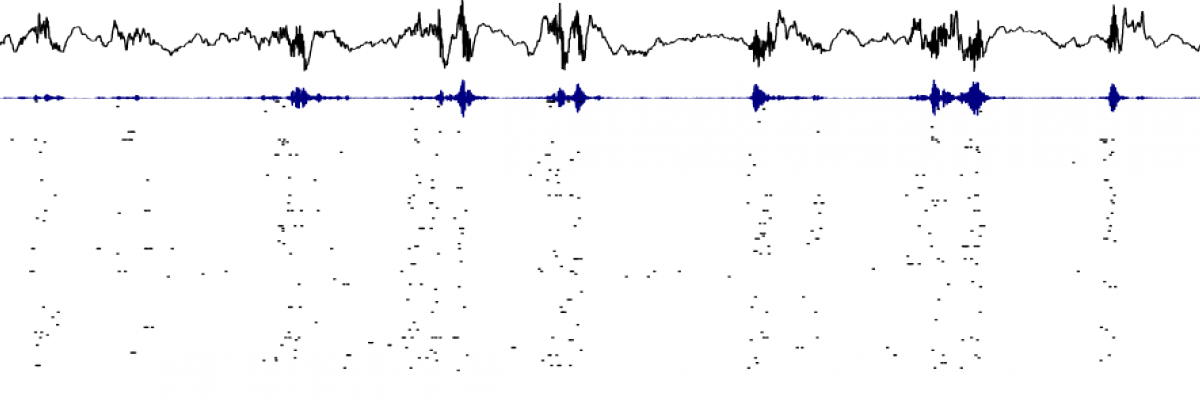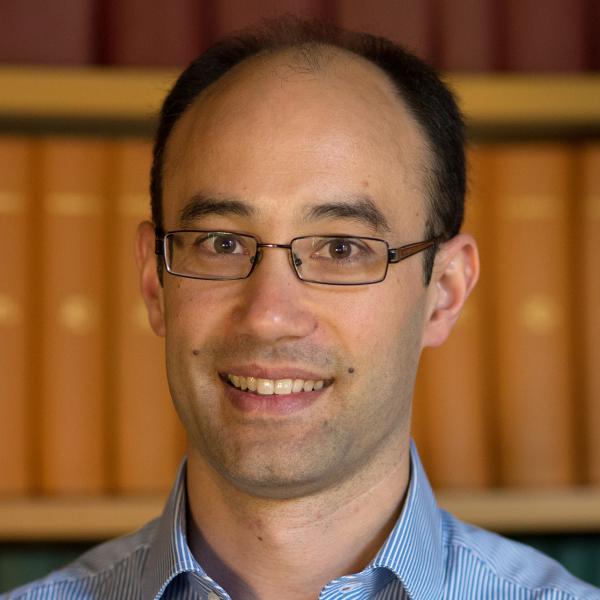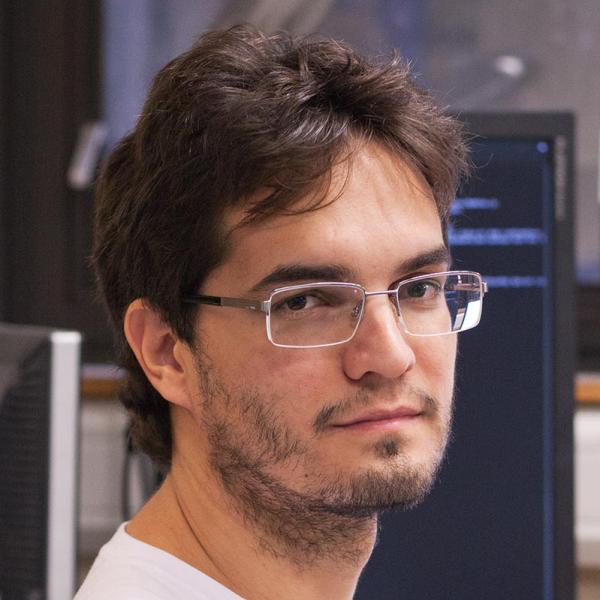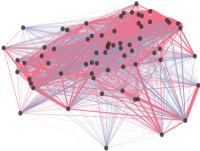Dupret Group
Our laboratory studies how neural activity in the hippocampus and connected brain regions supports memory-guided behaviour, enabling individuals to draw from past experience how to respond to ever-changing life situations.
The idea that groups of distributed neurons transiently coordinate their spiking activity to organize information-representing cell assemblies is central to our investigation. Our laboratory uses a transdisciplinary approach that combines multichannel electrophysiological recordings (tetrodes, silicon probes, and neuropixels) during behaviour with cell type-selective, neural input-defined and network pattern-informed (closed-loop) optogenetic manipulations of brain dynamics. The group performs neuronal population-level analyses to: (i) determine how internal representations of the external world are computed, consolidated, and recalled for the purpose of adaptative memory; (ii) establish the mnemonic contribution of oscillatory patterns of network activity (e.g., theta, gamma, sharp wave/ripples); and (iii) identify neuronal motifs and pathways supporting memory-guided behaviour. We perform this work while keeping in mind that not all memories serve adaptive responses. This is notably the case for memories that are related to experience of drugs of abuse, and those memories that underpin maladaptive responses. Accordingly, our work is intended to provide principles of interventions aimed at rebalancing brain network physiopathology of maladaptive memory.
- In vivo study of brain networks for memory-guided behaviour
- Mnemonic roles of neural ensembles and oscillations
- Multichannel recordings and associated data analyses
- Cell-type-selective, neural-input-defined, and network-pattern-informed optogenetics
- Memory-guided behaviour
We are committed to fostering an inclusive work environment that celebrates diversity and promotes equal opportunity within our group and the wider MRC BNDU.
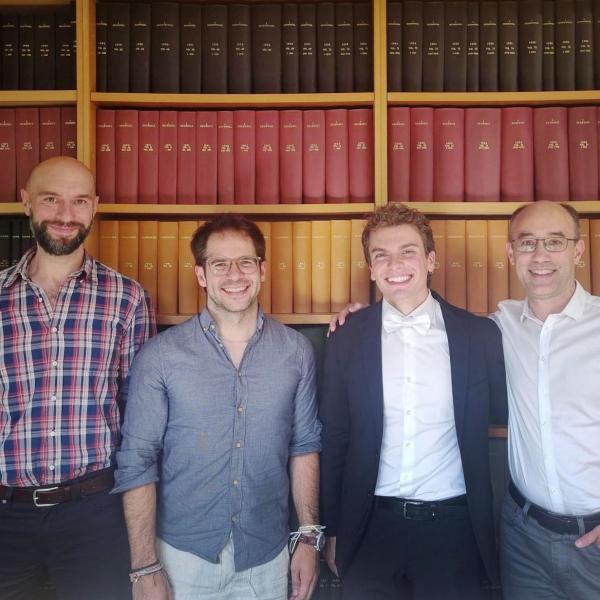
After the viva voce: A happy D.Phil. candidate (centre right) with satisfied examiners (left) and proud supervisor (right).
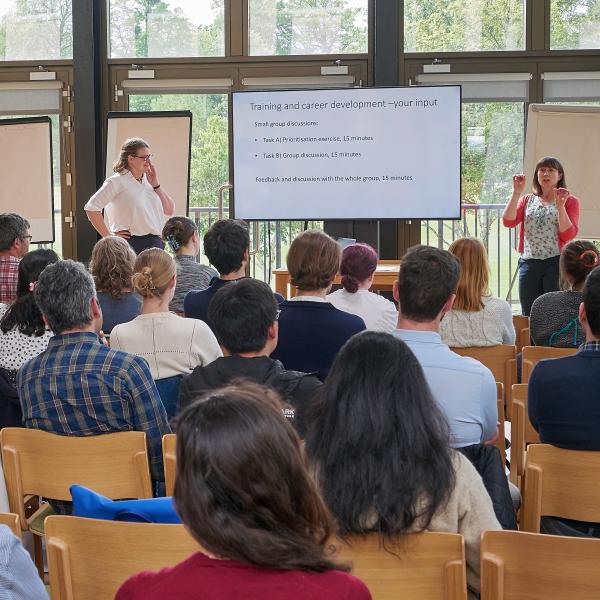
Mary Muers (far right) moderates an interactive session about training and career development opportunities.
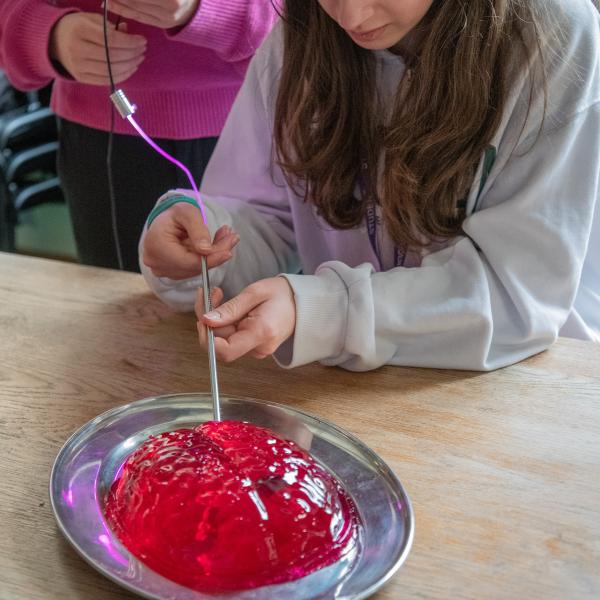
A visiting school pupil tries their hand at implanting a dummy stimulation electrode in a jelly brain!
Recent Preprints
Like other Groups at the MRC BNDU, we are committed to best practice in open research. We have created and curated a range of primary data, metadata and related resources that can be readily downloaded by external users from the MRC BNDU's Data Sharing Platform. We highlight below just a few examples of the datasets and other resources we have shared for the benefit of our stakeholders.
